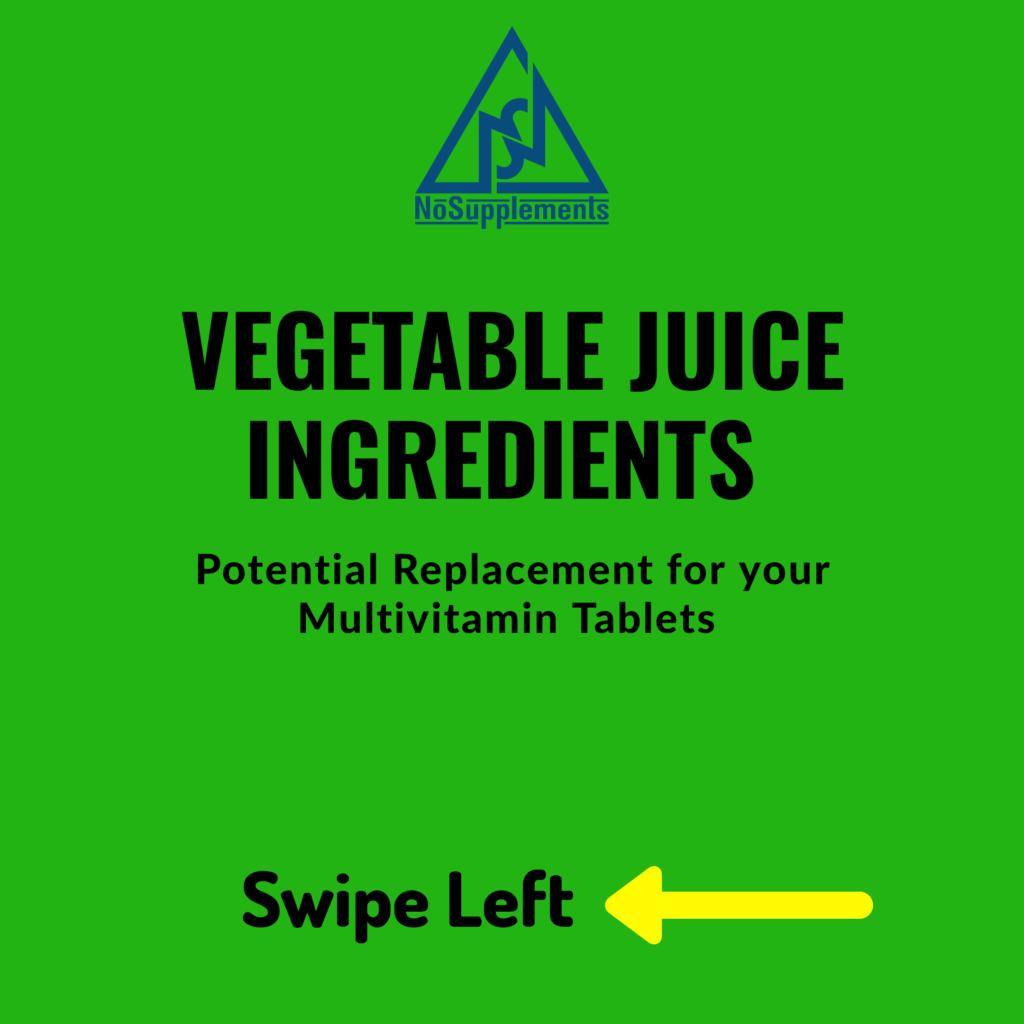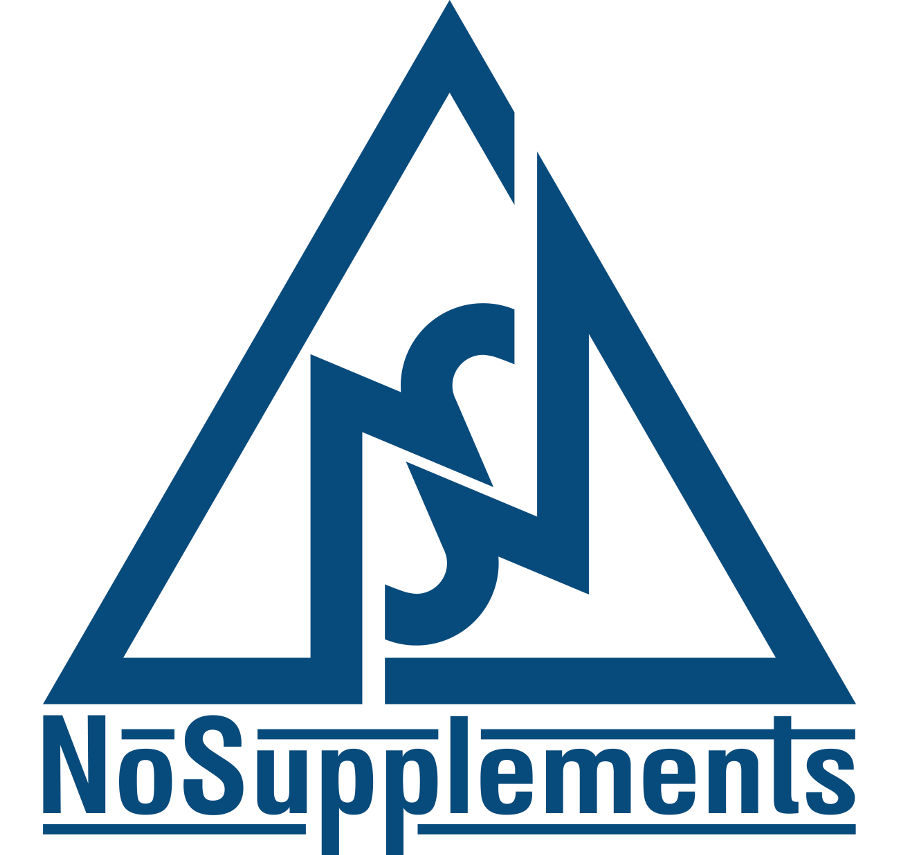Following up on our previous blog, here is the detailed list of the ingredients of the vegetable juice with the benefits that they provide:
CARROT: Good source of beta-carotene, vitamin K, potassium and antioxidants. Carrots help in fighting cholesterol, enhance the skin glow and improves eye sight.
BEETROOT: Rich in folate (vitamin B9), manganese, potassium and iron, they offer improved blood flow, fight cancer, increase exercise performance and lower blood pressure.
AMLA: Probably the best source of Vitamin C, also offers fair amount of Vitamin A. It is essential for keeping the immune system strong, thus lowers the frequency of getting ill.
MINT: Excellent for enhancing the taste of the juice and for improved digestion.
GINGER: Aids in proper digestion of food for our body which leads to proper nutrient extraction from what we eat.
LEMON: Another great source of Vitamin C and rich in antioxidants, neccessary for the skin, hair and the immune system.
BOTTLE GUARD: Rich in Vitamin K, riboflavin, zinc and thiamine, improves heart health and lowers bad cholesterol.
TOMATO: Contain key carotenoids such as lutein and lycopene as well as various antioxidants, helps in reducing risking risk of heart disease and cancer.
All above points make it quite evident that vegetable juice indeed has the potential to replace multivitamin tablets.
After reading this blog, you would definitely agree with our previous blog in which we termed vegetable juice as a powerhouse of micronutrients.

